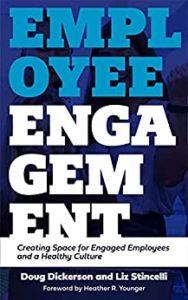
I yam what I yam an’ that’s all that I yam! – Popeye
Setting out from Hamburg, Germany, one day to give a concert in London, violinist Fritz Kreisler had an hour before his boat sailed. He wandered into a music shop, where the proprietor asked if he could look at the violin Kreisler was carrying. He then vanished and returned with two policemen, one of whom told the violinist, “You are under arrest.”
“What for?” asked Kreisler. “You have Fritz Kreisler’s violin,” replied the officer. “I am Fritz Kreisler,” he responded.
“You can’t pull that on us. Come along to the station.” As Kreisler’s boat was sailing soon, there was no time for prolonged explanations. Kreisler asked for the violin and played a piece he was well known for. “Now, are you satisfied?” he asked. They were!
Kreisler’s detainment and subsequent release from the questioning authorities are reminders of the importance of knowing one’s name and what it is known for.
If I were to give you a list of names, you could immediately identify them by what made them famous. For example:
- Henry Ford – Inventor of the Model T Ford
- Thomas Edison – Inventor of the light bulb, among other things
- Walt Disney – A pioneer of the animation industry
- Michael Jordan – Arguably by many the greatest NBA player of all time
- Steve Jobs – The co-founder of Apple
- Billy Graham – The greatest evangelist of the last century
- Babe Ruth – One of the all-time greats in Major League Baseball
Many people are fascinated by learning more about their names and ancestry. I read that Ancestry.com had a revenue of $1 billion in 2022. That amount indicates that people long to learn more about their ancestral roots and seek a sense of belonging that connects them to their past.
While my name and yours may not be synonymous with a great inventor or a star NBA player, our names represent a life that matters. As leaders, this is significant.
My name and yours may not command worldwide attention or recognition, but it’s a name entrusted to us to represent well.
Leadership takes many forms and has many definitions. Some leaders command the spotlight with grace and dignity, while others serve with equal honor in obscurity.
Sadly, some abuse their place of leadership by mishandling their authority and using others to get ahead and make a name for themselves at the expense of those around them.
As you read this, the challenge is to reflect on what your name as a leader means and what you want to be known for. Here is some food for thought.
Be known as a servant leader, not self-serving.
When you believe your leadership is about your title or position, a self-serving leadership posture will define you. Rule one in leadership is that it’s not about you.
Additional Resource: Get Off Your High Horse
Be known for adding value, not subtracting.
As leaders, you and I have a choice every day to add value to those around us or to subtract. This is an amazing privilege. Leadership is not about what others can do for you, but is found in what you can do for them.
Additional Resource: The Value of Adding Value
Be known for listening more and talking less.
As a leader, you don’t always have to be the “answer man” to everyone around you. Your influence increases as you listen and seek to understand those around you. The old saying rings as true today as ever: God gave us two ears and one mouth for a reason. Use accordingly.
Additional Resource: Are You Listening?
Be known for building bridges, not tearing them down
As a leader, you can be a unifier in a world of discord. Be known for bringing people together when the culture wants to divide. Division is ruled by fear; unity is defined by those who seek understanding. Good things can happen when people come around the table with open hearts and minds. That begins with you.
Additional Resource: Building Bridges and Tearing Down Walls
Be known for your humility, not your arrogance.
Leadership is not about your “rights” or the weight you want to throw around. Leadership is a privilege, and serving others is your mission. Arrogant and haughty leaders may command a room, but they don’t lead the hearts of those in it. That comes from genuinely understanding your role as a leader. Click To Tweet
Additional Resource: Recovering Humility in Leadership
As you consider the above list of ways you want to be known as a leader, I trust you will build on and add to it. Make your name and your leadership count!
©2025 Doug Dickerson
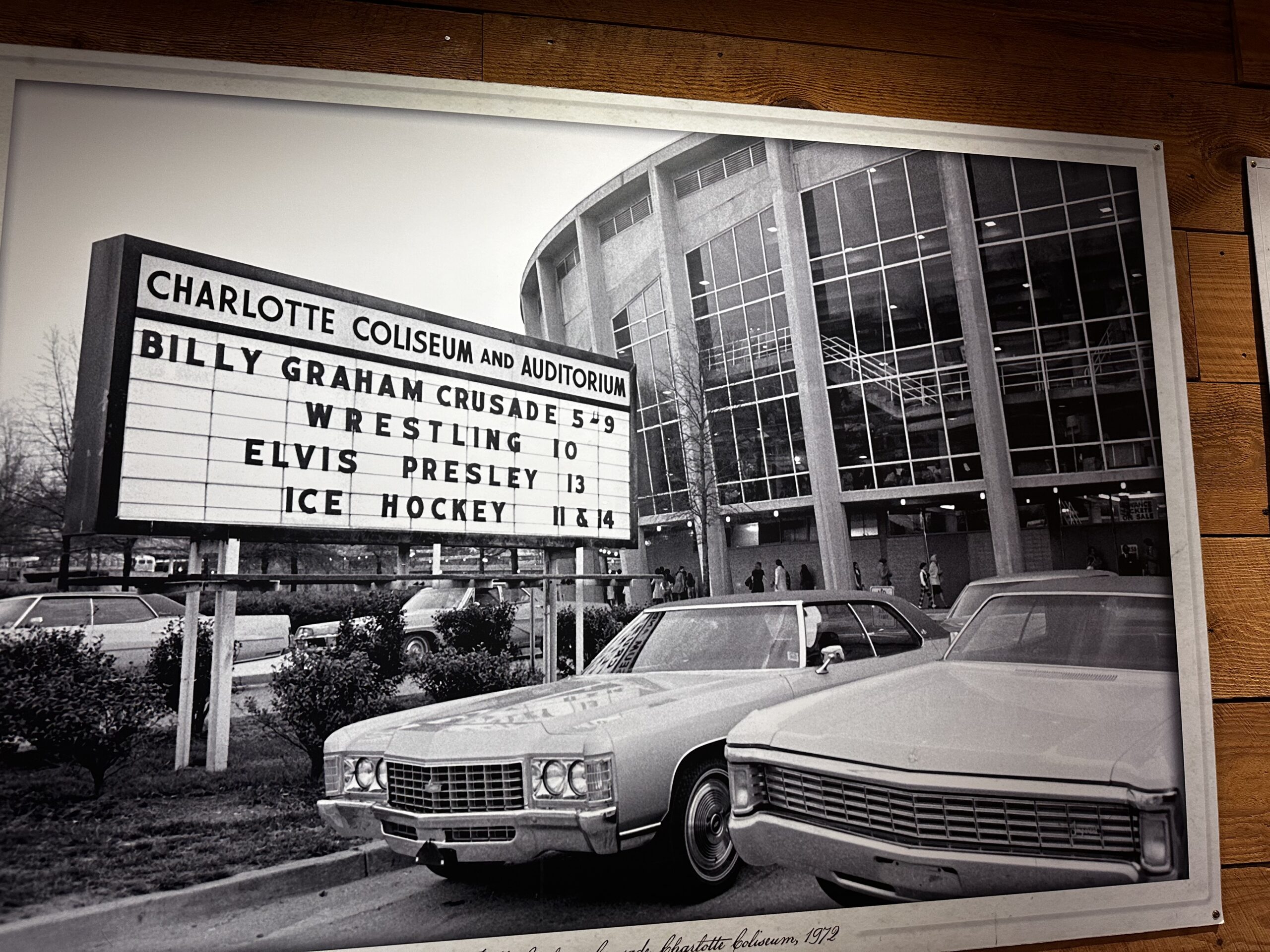

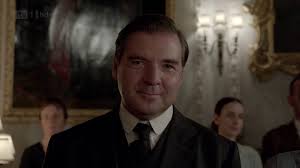

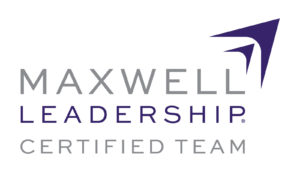



 Over the years I’ve come to the realization that I’ve helped more people not by what I ever had to say, but simply by listening. I’ve also learned that I don’t have to “fix” everyone’s problems and more times than not it’s not what people are after. People today want to be heard and have leaders in their life who will listen. Be a generous listener. It can a world of difference.
Over the years I’ve come to the realization that I’ve helped more people not by what I ever had to say, but simply by listening. I’ve also learned that I don’t have to “fix” everyone’s problems and more times than not it’s not what people are after. People today want to be heard and have leaders in their life who will listen. Be a generous listener. It can a world of difference.
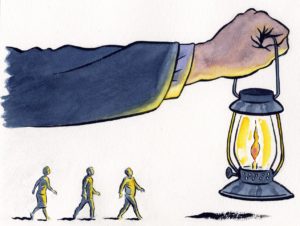
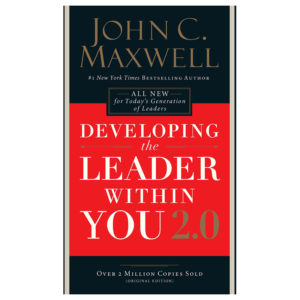 In the book,
In the book, 